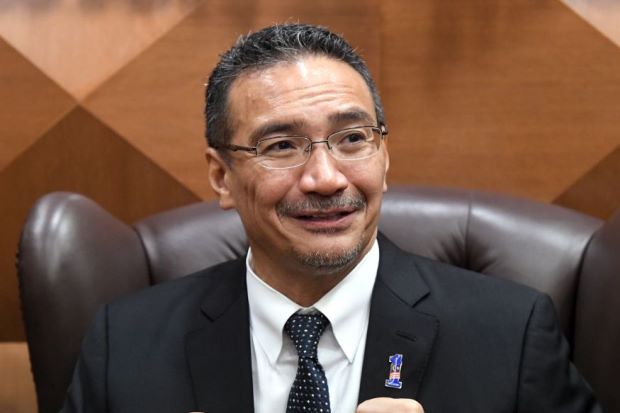This week the Home Minister, Datuk Seri Hishammuddin Tun Hussein, reasserted the fact that there is no surge in crime in the country, despite unsubstantiated murmurs on social media. He said that police records categorically revealed no increase in levels.
“The current public interest in crime has created a perception that crime is on the rise in the country, especially through social media,” he said.
He was speaking at the end of a two-day international review panel of the National Key Results Area (NKRA) looking at reducing crime.
Hishamuddin noted that Malaysia was recently recognised not only as the safest country in the region by independent, international observers, but as the 19th-safest country in the entire world.
Street crime is down 39.7 per cent and the overall crime index down by 11 per cent, meeting the targets set in the Crime Busting NKRA.
The results were part of the Global Peace Index for last year which showed the lengths to which the authorities, particularly the Royal Malaysia Police, go in order to safeguard Malaysian communities.
“It includes the commitment shown by trained police volunteers from the People’s Volunteer Corps (Rela) and Civil Defence Department,” he said, thanking the commitment from the various organisations.
It is reassuring to know that we are in safe hands as part of the Government Transformation Programme to reduce rates of crime significantly by 2020.
As part of these reforms, the Inspector-General of Police, Tan Sri Ismail Omar, noted that representatives from all levels are regularly sent on training exchanges with other countries that have the highest standards when it comes to dealing with and preventing crime.
Hong Kong, Singapore, the US and UK have all seen Malaysian police representatives traveling there to study and engage with other forces learning how best to adapt these lessons for Malaysian use.
“We are constantly looking at introducing new methods to combat crime and a good way to do so is to study our foreign counterparts,” he said this week.
Indeed, at the review on Thursday, led by the Home Minister, representatives from these countries praised the adaptability and innovation of the police force singling out the Blue Ocean Strategy – a scheme designed to foster original thinking within the police force.
“Even they said we are on the right path and rated our performance highly,” he told the press.
The Malaysian Anti-Corruption Commission (MACC) also frequently sends senior officers to study with the likes of the International Criminal Police Organisation (Interpol).
Indeed, as The Choice reported recently, Senior Assistant Commissioner of MACC, Hafaz Nazar, who is spending time as a Criminal Intelligence Officer in the Anti-Corruption Sub-Directorate, set off in May on a two-year trip.
For Malaysians, it is a positive sign indeed that those charged with protecting us have a broad basis of knowledge on which to draw.
Yet it would be foolish to claim that there was no crime in the country – and the Home Minister was careful to make that distinction.
Recently, the much maligned PAS-led state of Kedah saw police officers forced to step up efforts to tackle a spike in car and motorcycle thefts in the region.
“Although the figures are not big, the Criminal Investigation Department has to consider the matter seriously and find new ways of curbing the problem,” the Chief Police Officer there, Datuk Ahmad Ibrahim said.
That is why both the Home Minister and Prime Minister Datuk Seri Najib Razak emphasised that Malaysians need to work together to build safer communities.
In a recent blog post, the PM urged the rakyat to support each other as the country moves forward.
“We all have a role to play in this,” he said.
And indeed, a good job was already being done by most of us.
“That’s why one of our country’s achievements that we should be proud of is our ranking by the Global Peace Index which ranked Malaysia as the safest country in Southeast Asia,” he said.
“It is now our duty as the Government to reduce the discrepancy between public perception on crime and the improving reality.”

